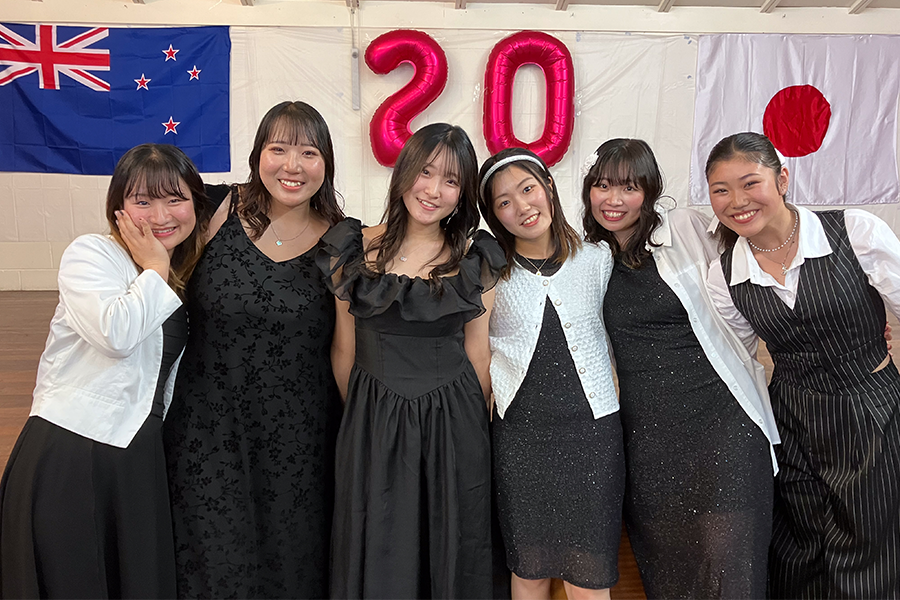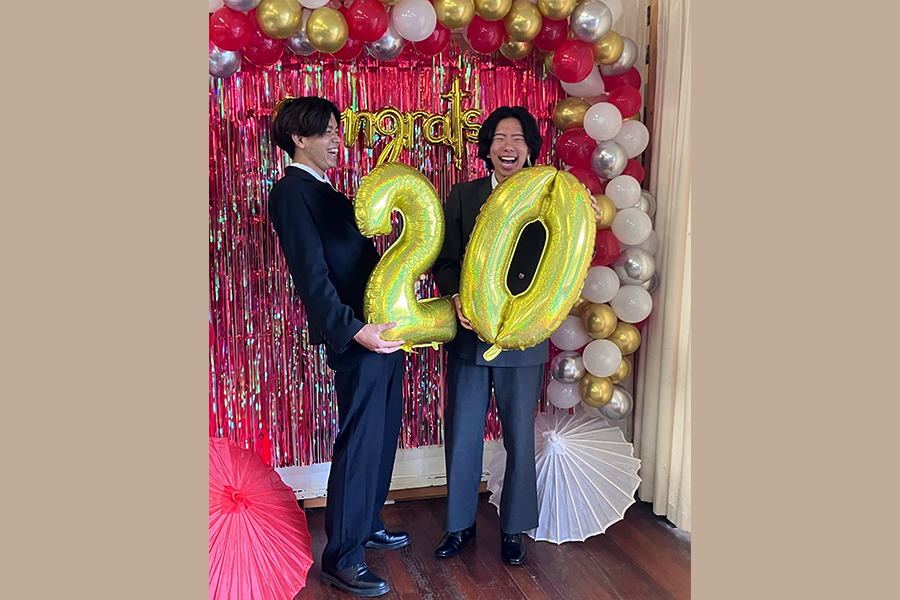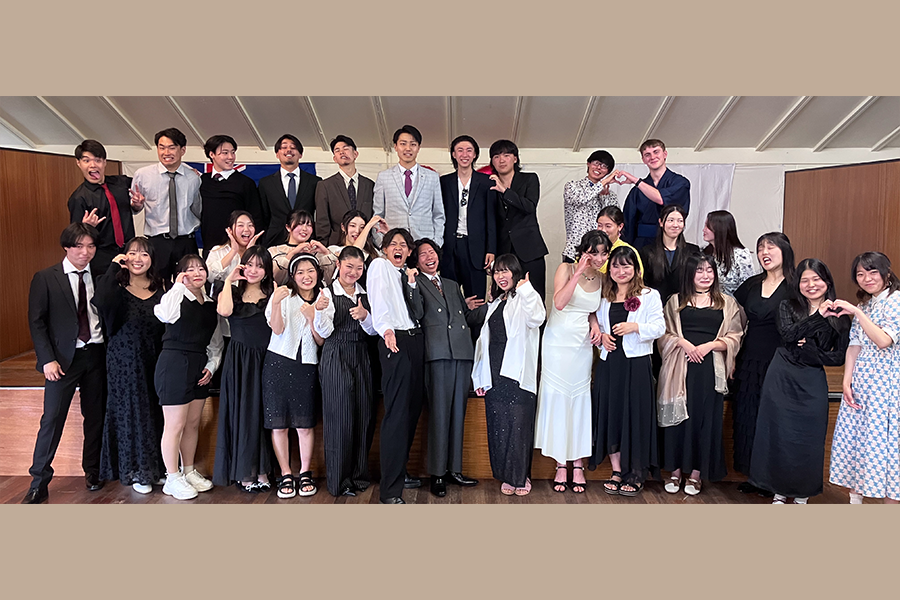
Japanese students at Otago took part in Seijin-shiki - a coming-of-age ceremony - recently. It was the first time Seijin-shiki had been held in Ōtepoti.
Each January thousands of young Japanese people return to their hometown to celebrate Seijin-shiki, a coming-of-age ceremony. For Japanese students studying at Otago however, going home is unrealistic, so the ceremony has been brought to them.
Ryohei Matsuoka, of the University of Otago’s Language Centre, says the event is held on the second Monday of January. It is held for anyone who has or will turn 20 during Japan’s 2023 academic year, which runs from April 2023 until March 2024, to acknowledge them becoming adults.
On Saturday, Ryohei helped host a Seijin-shiki ceremony, held for the first time in Ōtepoti Dunedin. It was attended by 50 students, as well as 50 people who were either host families or members of the city’s Japanese community.

The ceremony is held to celebrate anyone who has turned 20, or will do so soon. This is to acknowledge their new-found status as an adult.
Seijin-shiki is a “memorable event” that traditionally sees young people reunite with friends they may not have seen since high school graduation, he says.
In Japan, it is common for students to attend the junior high school that is local to their district, while the high school they attend will be based on academic achievement and may not necessarily be local. Once students graduate high school, some will attend university in either Tokyo or Osaka, while others will stay and make a start on their career within their hometown, Ryohei says.
During the ceremony, women will commonly wear a traditional kimono, typically for the first time since they became a teenager. In the past, men have worn hakama, but nowadays usually wear a suit.

The ceremony in Ōtepoti was attended by about 100 people.
“Most Japanese young woman want to wear a kimono. For some, their grandparents have dreamt about having their granddaughter wear a kimono at seijin-shiki when they were born.”
Ryohei says he has heard of some Japanese students studying in the United States returning home for the event, but for most Japanese students studying internationally, going home was not an option. Some students at Otago’s language centre decided they wanted to hold an event, and Ryohei was asked to help.
The event held on Saturday, 20 January, was held at Knox Church and was open to anyone who was 18, 19, 20 or 21. Dunedin Mayor Jules Raddich shared a message with attendees, as did Toshiya Hazama, mayor of Dunedin’s sister city, Otaru, and Koichi Ito, the Japanese Ambassador based in Wellington.
Pre-recorded messages from well-known Japanese celebrities, including Hiroyuki, one of the most famous Japanese internet entrepreneurs, were also played.